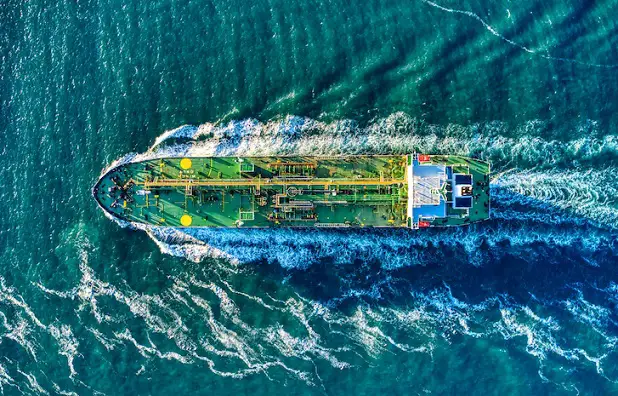RIA Novosti reported on Sunday that according to new customs data from Brazil, last month Russian oil producers exported 84,400 metric tons of crude oil to Brazil, marking the highest volume imported by Brazil since June of 2010, when Brazil imported 117,800 tons of crude from Russia.
The report noted that in monetary terms, September’s exports of crude, the first shipment made in two years, was worth $48 million. In contrast, Brazilian refineries imported 42,100 metric tons of crude from Russia in August of 2021, worth $16.6 million.
As Russia was resuming crude shipments, Brazil’s imports of petroleum products from Russia declined 22% compared to the previous month, to 717,300 metric tons, with the value of the shipments falling 13% to $593.8 million. The slump was partly attributable to Moscow’s ban on the export of diesel and gasoline, enacted in an effort to stabilize Russia’s domestic fuel market during a temporary shortage.
Moscow put the ban on cross-border sales of diesel and gasoline into effect on September 21st. the Kremlin relaxed the restrictions earlier this week, with the government allowing the export of some diesel, under specific conditions, although the ban on the export of gasoline remained in place.
Over the past few years, as Russia has been forced to contend with a raft of Western sanctions targeting its energy sector, the nation has responded by diversifying its energy exports, focusing on creating new trade relationships with nations which will disregard the sanctions, prominent among which have been China and India.
After the European Union enacted an embargo on Russian seaborne crude in February, Brazil also emerged as an active buyer of Russian crude. However unlike Russia’s buyers in Asia, Brazil is not heavily reliant on imports of crude, as it is a major producer in its own right. Instead it relies on intermittent purchases of foreign crude to supply temporary shortfalls in domestic refining capacity.
The primary sanction imposed by the West on Russia’s energy sales was a $60-per-barrel price cap placed on Russian crude oil sales by the EU, the G7, and Australia, which forbid the sale of insurance and shipping services such as brokerage services, to any cargo which was sold for above the capped price. The mechanism was designed to reduce Russia’s profits from the sale of its oil while not barring the shipments, so as to not negatively affect the global market supply.
However Russian oil which was sold to buyers in Asia was sold irrespective of the price cap, and over time the measure, although officially still in effect, would from a practical standpoint appear to have been largely abandoned.

